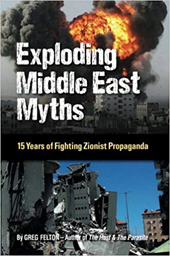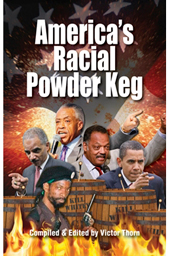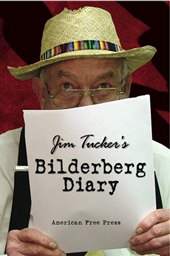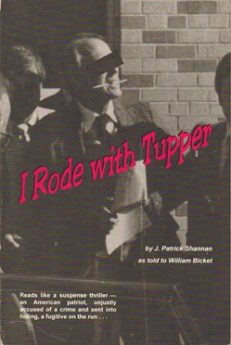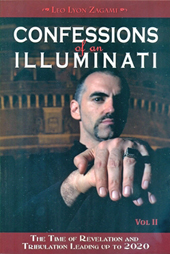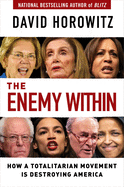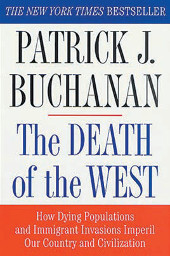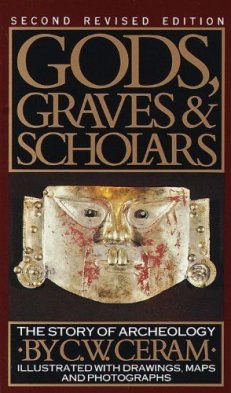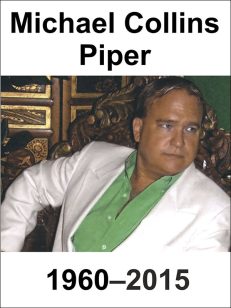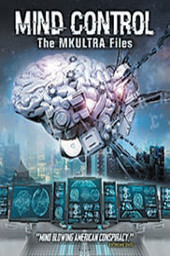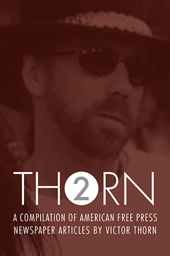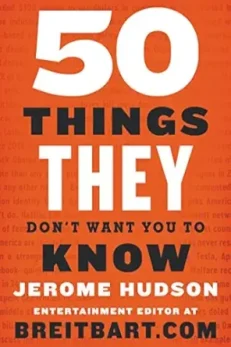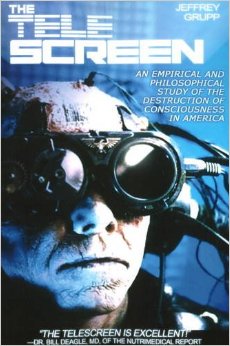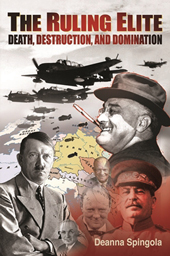Description
For more than 65 years, since its creation in 1948, the state of Israel has carefully controlled what the Western world knows about the Zionist state. As a result, what we have received from the mainstream media is reams of propaganda and little truth when it comes to the racist and bellicose state. Against this backdrop of censored ‘news,’ one gutsy journalist took a dangerous stand and instead has been telling the truth about Israel for the last 15 years.
In this collection of powerful essays by Canadian writer and researcher Greg Felton, you’ll see the real Israel: brutal treatment of Palestinians, blatant disregard for Christians and Muslims, and parasitic control over foreign governments, especially the U.S. Sure to make you smile and seethe at the same time, Felton’s trademark wit and wisdom will guide you through carefully crafted propaganda, correcting the historical record along the way.
Felton has assembled a myth-smashing collection of essays targeting media cover-up and misinformation and misdirection about Israel and the problems of the Middle East and has laid bare the truth about the blunt political force, blackmail and intimidation that Israel and its network use to achieve their aims.
Softcover, 228 pages
Reviews
When it comes to Israel and Palestine, there are two main schools of North American journalism: those who parrot the pro-Israel line and those who weigh every word to avoid being called “anti-Israel.” Then there is Greg Felton.
For the last 15 years, journalist Greg Felton has researched and commented on the Middle East. Few can match his knowledge and courage when writing about the Palestinian confrontation with “the only democracy in the Middle East.”
Felton’s first book The Host and the Parasite exposed Israel’s dangerous influence over U.S. foreign policy. He has now published Exploding Middle East Myths: 15 Years of Fighting Zionist Propaganda and this collection of his columns fully lives up to its title. In it Felton marshals the facts about Israel and presents them in the context of international law.
In his earliest columns, Felton clearly believes that Israel wants peace and reconciliation with its neighbors. Writing in 1995, eight days after the assassination of Yitzak Rabin, he optimistically states that “The movement toward peace survived Sadat’s assassination; it will survive Rabin’s.¨ (p. 5) By 1998, however, he sees American intervention as the only way to end Israel’s apartheid-style oppression of the Palestinians (p. 9). By 2010 he reaches the conclusion that “The greatest effect of the Cast Lead massacre [Israel’s assault on Gaza] and the murders aboard the aid ship Mavi Marmara [Israel’s attack on the aid flotilla to Gaza] has been the confirmation of Israel as a criminal state.” (p. 82) A shocking assertion, but Felton repeatedly proves his case.
Felton has grouped the essays in this book under five main headings:
- Zionism and History – the origins and evolution of the Zionist ideology.
- Palestine and Beyond – Israeli aggression in Palestine and Lebanon, and Israeli influence over American policies and intervention in the Middle East.
- Hasbarats and Quislings – Israeli propaganda (“hasbara”) and the willingness of North American media and governments to parrot it.
- Distraction and Disinformation – Hollywood’s massive pro-Israel bias. I particularly enjoyed two of these essays: Felton’s scholarly demolition of the movie “300,” in which he demonstrates that the film is propaganda for a war against Iran (p. 138); and his scathing satire “Oscar Preview With Lance Boyle” (p. 146) which proposes an Oscar award for best pro-Israel propaganda film. Kudos to Felton for selecting Quentin Tarantino’s contemptible “Inglorious Bastards” as a recipient of the “Leni Riefenstahl Award.”
- Censorship and Intimidation – Zionist efforts to silence all criticism of Israel.
Felton has an astonishing breadth of knowledge of his subject, frequently citing sources other journalists either can’t or won’t use. These include Israeli news stories about Israeli oppression of the Palestinians, reports from leading human rights organizations, historical documents, and documents of international law. All of this makes “Exploding Middle East Myths” a valuable source of information and insight. The book is also highly entertaining, thanks in no small part to Felton’s satires, such as the above-mentioned “Oscar Preview” and his spoof address by Ban Ki-Moon to the UN explaining why Israel must be expelled from that organization. (p. 55) These essays bring to mind the moral outrage and mordant wit of Jonathan Swift’s A Modest Proposal.
Exploding Middle East Myths is an important work. It deserves to be widely read and carefully considered.—D. Saykaly


